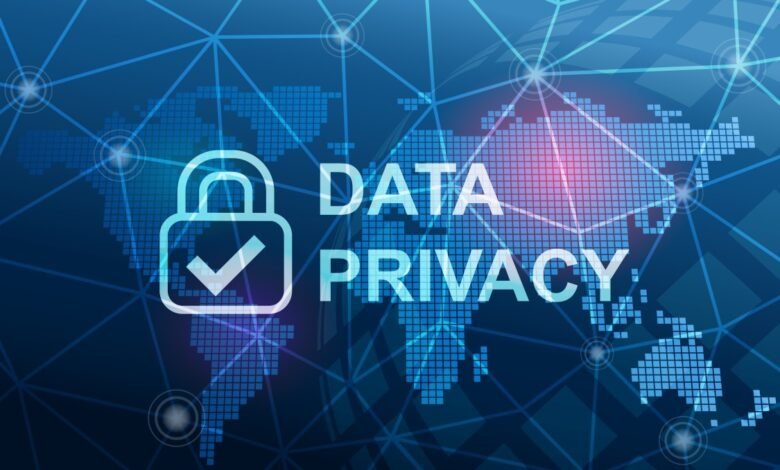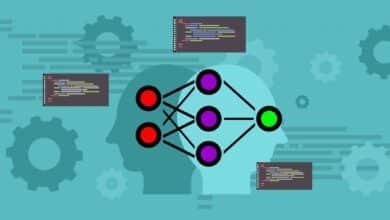
In today’s digital landscape, data privacy has become a critical issue for individuals, businesses, and governments alike. With the proliferation of online services and the exponential growth of data, safeguarding personal information is more important than ever. This article delves into the complexities of data privacy, exploring its significance, the challenges it poses. And the measures that can also be taken to protect sensitive information.
Understanding Data Privacy
Data privacy refers to the practice of managing and protecting sensitive information to ensure that it remains confidential and secure. This includes personal data such as names, addresses, social security numbers, financial information, and even browsing history. The goal of data privacy is to give individuals control over their personal information and how it is collected, used, and shared.
The Importance of Data Privacy

Data privacy is essential for several reasons:
Protecting Individual Rights: Personal data is an extension of an individual’s identity. Ensuring privacy is crucial for protecting one’s autonomy and preventing unauthorized access or misuse.
Preventing Identity Theft: Sensitive information can also be used to commit fraud or identity theft, leading to financial loss and damage to one’s reputation.
Maintaining Trust: Businesses that prioritize data privacy are more likely to earn the trust of their customers, which is vital for building long-term relationships and brand loyalty.
Challenges in Data Privacy
Despite its importance, data privacy faces numerous challenges in the digital age.
Rapid Technological Advancements
The rapid pace of technological innovation makes it difficult to keep data privacy measures up-to-date. Emerging technologies such as artificial intelligence, big data analytics, and the Internet of Things (IoT) introduce new vulnerabilities and complicate data protection efforts.
Complex Data Ecosystems
Data is often collected, stored, and processed by multiple entities, including third-party service providers and data brokers. This complex ecosystem makes it challenging to track and control the flow of personal information, increasing the risk of data breaches.
Regulatory Compliance
Navigating the ever-evolving landscape of data privacy regulations is a significant challenge for organizations. Laws such as the General Data Protection Regulation (GDPR) in the European Union and the California Consumer Privacy Act (CCPA) in the United States impose strict requirements on how personal data should be handled, necessitating continuous compliance efforts.
Key Data Privacy Regulations

To address data privacy concerns, governments worldwide have implemented various regulations aimed at protecting personal information.
General Data Protection Regulation (GDPR)
The GDPR is one of the most comprehensive data privacy regulations, applicable to organizations operating within the European Union (EU) and those dealing with the data of EU citizens. Key provisions of the GDPR include:
Data Subject Rights: Individuals have the right to access, rectify, and erase their data, as well as the right to data portability and to object to data processing.
Consent: Individuals’ express consent is required before any data collection or processing can also take place.
Data Breach Notification: In the event of a data breach, organizations must notify affected individuals and relevant authorities within 72 hours.
California Consumer Privacy Act (CCPA)

The CCPA grants California residents specific rights regarding their personal information and then imposes obligations on businesses to ensure data privacy. Key aspects of the CCPA include:
Right to Know: Consumers have the right to know what personal information is being collected, how it is used, and with whom it is shared.
Delete: Customers have the right to request that businesses delete the personal information they own.
Right to Opt-Out: Customers have the choice not to have their personal information sold to outside parties.
Best Practices for Ensuring Data Privacy

To effectively protect personal information, organizations should implement the following best practices:
Data Privacy Encryption
Encrypting data both at rest and in transit ensures that even if unauthorized parties gain access to the information, they cannot read it without the decryption key. This adds a robust layer of security to sensitive data.
Regular Audits and Assessments
Conducting regular audits and assessments of data privacy practices helps identify potential vulnerabilities and areas for improvement. This proactive approach ensures that data protection measures remain effective and then up-to-date.
Employee Training and Awareness
Educating employees about data privacy best practices and the importance of safeguarding personal information is crucial. Frequent training sessions can also aid in preventing unintentional human error-related data breaches.
Implementing Strong Access Controls
Limiting access to personal data to only those employees who need it to perform their job functions reduces the risk of unauthorized access. Implementing multi-factor authentication (MFA) and robust password policies further enhances security.
Data Minimization
Collecting only the data that is necessary for a specific purpose and then retaining it for as long as needed reduces the risk of data breaches. This principle of data minimization is a key aspect of many data privacy regulations.
The Role of Individuals in Data Privacy

While organizations play a significant role in protecting personal information, individuals also have a responsibility to safeguard their data.
Being Cautious Online
Individuals should be mindful of the information they share online, especially on social media and then public forums. Avoiding oversharing and being aware of privacy settings can also help protect personal information.
Using Strong, Unique Passwords
Using strong, unique passwords for different online accounts and enabling multi-factor authentication where available can also significantly reduce the risk of unauthorized access.
Staying Informed
Keeping up-to-date with the latest data privacy practices and understanding one’s rights under various data protection regulations can also empower individuals to take control of their personal information.
Conclusion
As technology continues to evolve, the importance of data privacy will only grow. By implementing robust data protection measures, staying compliant with regulations, and fostering a culture of privacy awareness, organizations can also safeguard personal information and then maintain the trust of their customers. Individuals, too, must take proactive steps to protect their data and then navigate the digital world safely.
Read more: Future of Robotics





